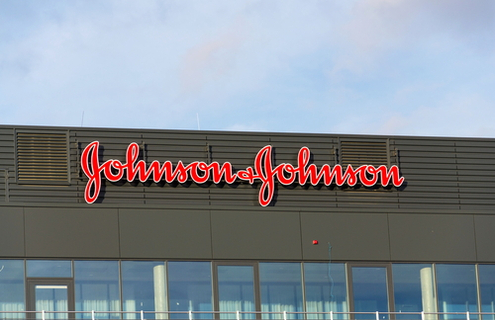Johnson & Johnson has won its appeal against the New Jersey Tax Court refusal of $55 million refund on self-procurement tax.
In June last year, the New Jersey Tax Court denied Johnson & Johnson’s request for a $55 million refund on self-procurement tax.
Johnson & Johnson has a Vermont-domiciled captive, Middlesex Assurance, but is itself based in New Jersey and has paid self-procurement tax in the state since 2008.
The dispute focused on whether Johnson & Johnson owed the premium tax for the self-procured coverage on all the risks the captive insured throughout the US, or only on risks in New Jersey.
In conclusion, the court found that it does not apply to Johnson & Johnson because the company obtained insurance from Middlesex Assurance, a subsidiary and a captive insurance company.
The insurance was self-procured and was not obtained from either a surplus lines insurer or a surplus lines agent.
The ruling stated: “It was definitely not a surplus lines policy, a condition precedent to the application of the home state rule under the clear language of the statute. Meaning, the Tax Court erred in extending the home state rule to Johnson & Johnson.”
“Accordingly, we reverse the Tax Court's denial of Johnson & Johnson's refund request and remand for a determination of the amount of the refund due to Johnson & Johnson.”
In 2011, the method for determining self-procurement tax changed due to Congress’s enactment of the Nonadmitted and Reinsurance Reform 2010 (NRRA). Following this change, Johnson & Johnson began to calculate and remit self-procurement tax based on total US premiums as a precautionary method.
Johnson & Johnson filed a claim with DOBI and Ficara in November 2015 seeking a refund of $55 million, plus interest, for self-procurement tax.
The refund claim was based on Johnston & Johnson’s argument that NRRA and the legislative changes made in response to it in New Jersey in 2011 did not alter the method of calculating self-procurement tax.
According to Johnson & Johnson’s argument, the NRRA was intended to only apply to surplus lines insurance and reinsurance, not to self-procured insurance.
Johnson & Johnson also argued that the statutory changes made to N.J.S.A. 17:22-6.64 by the New Jersey Legislature in 2011 didn’t alter the calculation of self-procurement tax because the amendment only refers to surplus lines policies and the original statutory language allocating the tax to risks located in New Jersey remained untouched.
In January 2016, DOBI determined that Johnson & Johnson’s refund claims were unwarranted and not supported by prevailing law.
DOBI referred to the NRRA’s use of the term “nonadmitted insurance”, which is defined as including both SPT and surplus lines insurance.
In response, Johnson & Johnson filed a complaint with the tax court in October 2016, alleging that the denial of the refund was incorrect on the basis that “the Surplus Lines Law expressly provides that a captive insurance company is not a “surplus lines insurer” as defined in the statute”.
In February 2017, following DOBI and Ficara reply to the complaint, Johnson & Johnson filed a motion for a summary judgement and in October 2017, DOBI and Ficara filed a cross-motion for a summary judgement.
But, ruling in favour of DOBI and Ficara, the court found that the “New Jersey Legislature intended to incorporate the authority afforded it under the NRRA through the enactment of amendments to both the Surplus Lines Law and the self-procurement statute”.
The court added that the legislature’s intent is “clear and purposeful,'' despite the “problematic” addition of a paragraph in the self-procurement statute relating to surplus lines policies.


